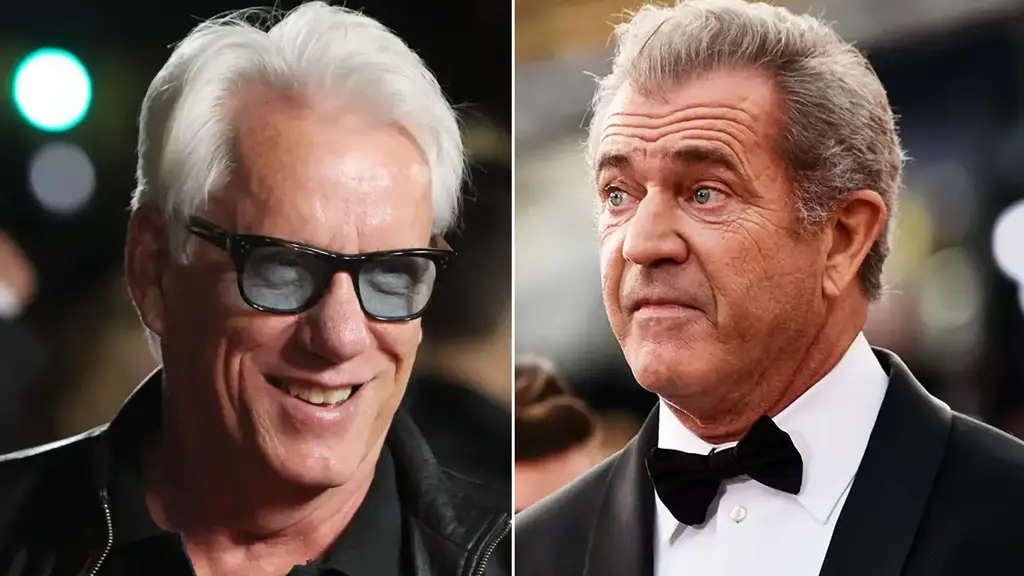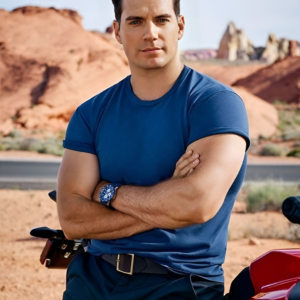
In a move that has reverberated throughout the entertainment industry, veteran actor James Woods has officially left Hollywood to join Mel Gibson’s newly established non-woke film studio. This partnership marks a significant shift for Woods, who has long been a polarizing figure due to his outspoken conservative beliefs in a predominantly liberal industry.
James Woods, known for his sharp intelligence and often controversial political stances, has increasingly felt alienated by the mainstream Hollywood culture, which he perceives as overly politically correct and restrictive. Over the years, Woods’ career has been marked by a series of confrontations and disagreements with other figures in the industry, leading to a gradual reduction in his appearances in mainstream films.
His decision to join Mel Gibson’s studio is not just a career move but a statement. Gibson, who has faced his own share of controversy in Hollywood, announced the creation of this new studio last year, promising a space for creative freedom devoid of what he calls the “censorship” of modern woke culture. The studio aims to produce films that embrace traditional storytelling without succumbing to contemporary political pressures.
Gibson’s vision for the studio is to provide a platform for films that focus on universal themes of heroism, conflict, and triumph without interjecting modern political ideologies that he believes can alienate audiences. This approach has attracted several other conservative actors and filmmakers who feel marginalized by the current cultural norms within the industry.
For Woods, the move is a chance to rejuvenate his career in an environment that values his outspoken nature and his artistic visions. “I am excited to be part of a community that prioritizes storytelling and genuine artistic expression,” Woods stated during the press conference announcing his arrival at the studio.
The reaction to Woods’ move has been mixed. While many conservative voices have lauded his decision as a brave stand against Hollywood conformity, others in the industry warn that this split could deepen the cultural divisions within the arts community. Critics of the non-woke studio concept argue that it might limit the diversity of perspectives that film can offer by favoring certain viewpoints.
Supporters argue that the establishment of studios like Mel Gibson’s is crucial for maintaining artistic diversity in an industry that has become increasingly homogeneous due to Hollywood’s liberal slant. They contend that this move provides a necessary counterbalance to the stifling of creative freedom within the industry.
The creation of a non-woke film studio led by figures like Gibson and James Woods has the potential to reshape the film production landscape. If successful, it could inspire other studios to adopt less restrictive creative policies, potentially revitalizing the careers of actors and directors who feel marginalized by the industry’s political climate.
Furthermore, this shift could influence the types of films that reach audiences. By prioritizing traditional narratives and potentially dialing back ideological frameworks, Gibson’s studio might appeal to audiences who feel disconnected from current Hollywood offerings.
As Woods assumes his new role, there is anticipation surrounding the projects that will emerge from this collaboration. The success or failure of these films will be a critical test of whether there is a significant market for non-woke cinema. It will also be intriguing to see how other Hollywood entities respond—whether they reinforce current trajectories or begin to offer a broader range of cinematic voices.
In summary, James Woods’ decision to join Mel Gibson’s non-woke film studio represents more than just a career pivot—it’s a cultural statement. It reflects a growing movement within the industry that seeks to prioritize artistic freedom over political correctness. The long-term impact of this bold move on Woods’ career and the cinematic landscape remains to be seen.
News
Henry Cavill’s Witcher & Superman Replacement Already Avoided The Mistake That Killed The Original Franchise – S
Henry Cavill already has a replacement for The Witcher and Superman thanks to his role in the Highlander reboot, and this is already avoiding the mistake that killed the original franchise. Henry Cavill is one of the most popular action stars thanks to his roles in movies…
Goodbye DC and Superman, Henry Cavill reveals his favorite role if he joins MCU – S
Henry Cavill has expressed his favorite role if he has the opportunity to collaborate with Marvel Studios. Henry Cavill has officially said goodbye to the role of Superman after the DCEU ends at the end of 2023 to open a…
Kim Kardashian Goes Into Hiding After Freak0ff Video Of Her And Diddy Gets Leaked Ok, so things just got a whole lot messier for Diddy. The world witnessed him in his true form as a video of him putting his hands on Cassie made rounds on the internet. – S
It made a lot of folks hella uncomfortable. But as Diddy’s future started to look grim, he thought of a strategy. What’s worse than Diddy being exposed for his crimes? Fans discovering names of beloved celebrities who knew about…
Chris Brown LEAKS The List Of Major Names INVOLVED in Diddy’s Ab*se! | DIDDY IS DONE! – S
**Diddy’s Troubles: Allegations and Revelations** Sean “Diddy” Combs, the music mogul behind Bad Boy Records, finds himself embroiled in a storm of controversies and allegations that threaten to tarnish his reputation irreparably. The latest revelations, sparked by comments from…
HOT NEWS: The Feds LEAK New EVIDENCE of Jay Z P!MPING Beyonce To Diddy?!? – S
The Feds LEAK New EVIDENCE of Jay Z P!MPING Beyonce To Diddy?!? Amidst the swirling vortex of celebrity gossip and scandal, a bombshell revelation has sent shockwaves rippling through the entertainment industry. The latest development involves none…
Kanye Leaks Footage Of Drake Getting Clapped By Lucian Grainge – S
Kanye Leaks Footage Of Drake Getting Clapped By Lucian Grainge Girl, Kanye is back at exp0sing shady celebs, and y’all know that whenever Drake spills the tea, he ALWAYS comes correct with the tea. He has a track history…
End of content
No more pages to load











